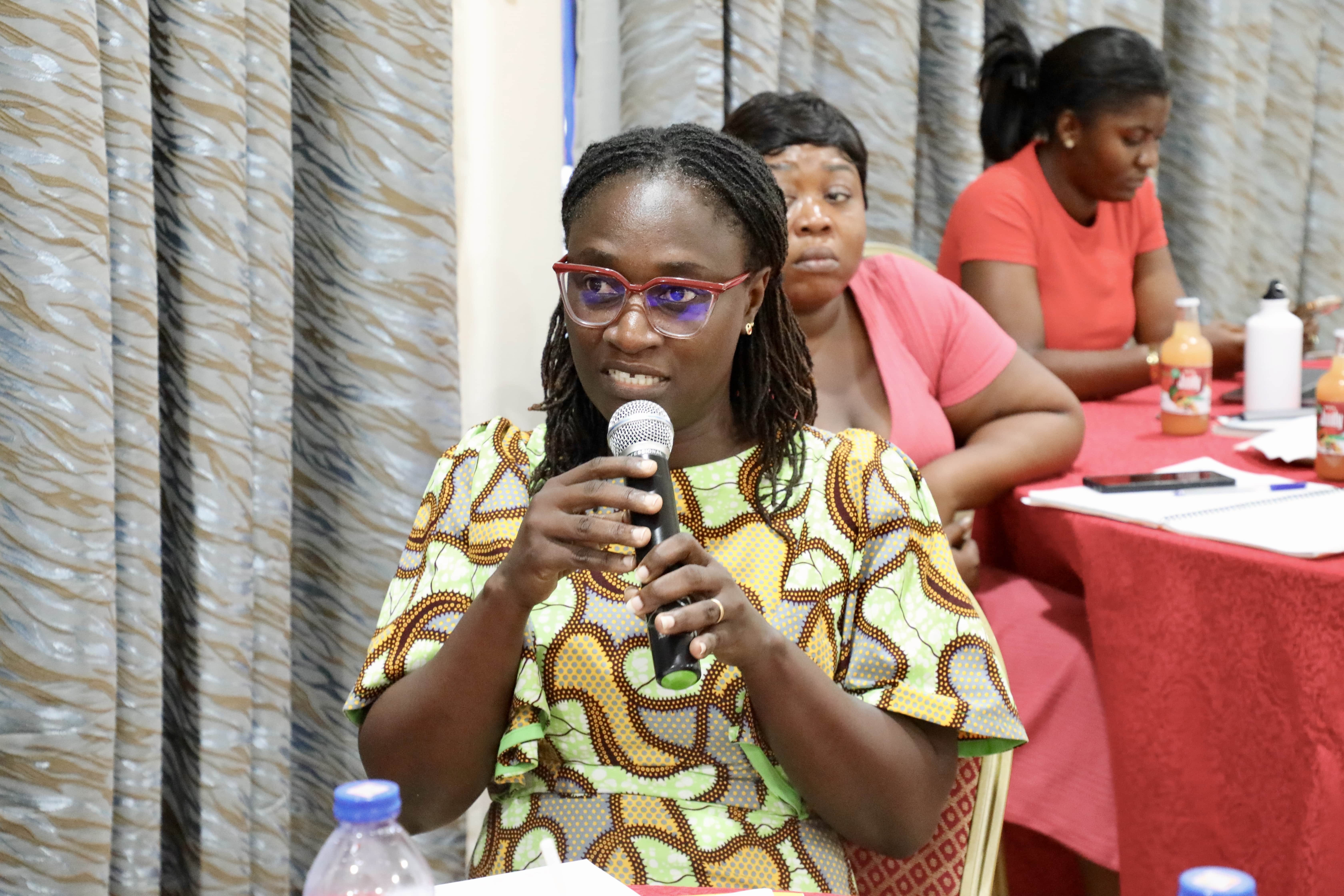Enhancing Energy Efficiency: UNDP's Climate Promise Support to Ghana’s Climate Commitments
June 5, 2024

Research shows that Ghana imports a significant amount of outdated, substandard and second-hand appliances. These appliances are usually not energy efficient, contributing to a range of economic and environmental challenges.
Inefficient use of electricity, with 30% of national generation wasted on outdated appliances, strains the economy by requiring increased generation capacity. This inefficiency burdens citizens and businesses with high electricity bills and maintenance costs.
Moreover, the environmental impact is severe, as increased fossil fuel consumption and associated emissions result from the need for additional power plants to meet the increased in power demand. Additionally, the improper appliance disposal adds to environmental and health hazards.
To curb this imminent threat, energy efficiency regulation emerges as a crucial strategy to combat the importation of outdated and inefficient appliances into Ghana, hence the need to engage all stakeholders in its implementation and enforcement.
To support the Government of Ghana in fulfilling its climate commitments and encouraging energy efficiency best practices, the United Nations Development Programme (UNDP) through its flagship Climate Promise Programme, in collaboration with the Ghana Energy Commission, organized a capacity-building workshop. This training aimed at strengthening the roles of key government agencies in implementing the latest energy efficiency regulations and enhancing overall awareness.
Abdul-Razak Saeed, Head of the Environment and Climate Cluster of UNDP in Ghana, highlighted the importance of the training. He said, “UNDP remains committed to supporting Ghana in achieving its climate promises and advancing the SDGs. We will continue to foster knowledge-sharing and capacity-building among key sector stakeholders on energy efficiency.”
Mr. Kofi Agyarko, Director of Renewable Energy, Energy Efficiency & Climate Change (REEECC) - Energy Commission, noted the significance of the workshop. "As a country, it is crucial for us to establish appliance standards and labelling regimes through effective regulation to guide our energy practices. However, the Energy Commission cannot achieve this alone. This is why we have engaged all stakeholders to champion and support the implementation and awareness creation of these initiatives, aiming to transform Ghana into an energy-efficient economy."

Mr. Kofi Agyarko, Director of Renewable Energy, Energy Efficiency & Climate Change, giving a presentation at the Energy Efficiency workshop training.
The training workshop was designed to fill significant gaps in knowledge and capacity among stakeholders, equipping them with the tools needed to implement and comply with new energy efficiency regulations. By fostering collaboration, enhancing awareness, and building practical skills, the training supports Ghana's commitment to its Nationally Determined Contributions (NDCs) under the 2015 Paris Agreement.
Participants praised the workshop for its comprehensive approach and the opportunity it provided to engage with various sector stakeholders. Daniel Kassah Nsuison, Assistant Technical Expert at the Association of Ghana Industries, remarked "This workshop has been instrumental in enhancing our understanding of the new regulations and the overall energy transition agenda. In my capacity as an engineer and technical expert, I will be able to conduct detailed energy efficiency audits, make accurate technical assessments, and calculations thanks to this training workshop.”
Angela Der, Assistant State Attorney, Legislative Drafting Division, Office of the Attorney-General, also highlighted the timeliness of this initiative. She noted, “My work responsibilities include drafting legislation. The training has given me a deeper understanding of energy efficiency standards and labelling, which will help me better appreciate the technical aspects of any future legislation on energy efficiency.”

Daniel Kassah Nsuison, Assistant Technical Expert at the Association of Ghana Industries, highlighting the workshop's role in understanding new regulations and the energy transition agenda.

Angela Der, Assistant State Attorney, emphasizing the initiative's timeliness and its impact on her understanding of energy efficiency standards for future legislation.
Over the course of the event, attendees engaged in in-depth discussions and training sessions focused on understanding the importance of the energy transition and its impact on the economy and environment. The Energy Commission also solicited feedback to refine regulatory frameworks and enforcement mechanisms, and built capacity to ensure compliance with energy efficiency standards and promote the adoption of energy-efficient technologies and practices.
Participants at the training were drawn from key government agencies with the ability to influence policies, including the Environmental Protection Agency, Ghana Standards Authority, Ministry of Gender, Children and Social Protection, Ministry of Trade and Industry, and other industry partners. The training is part of a series of activities designed to help Ghana fulfill its UNFCCC climate Obligations, reduce energy consumption, save money, and pave the way for a greener, more sustainable future.

Group photo of participants at Energy Efficiency Training

 Locations
Locations



